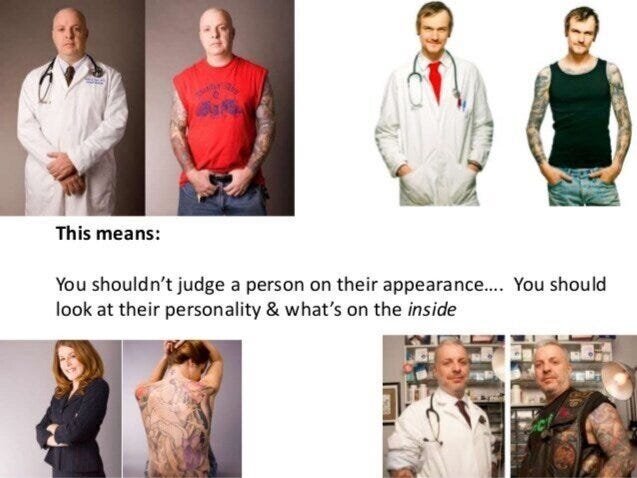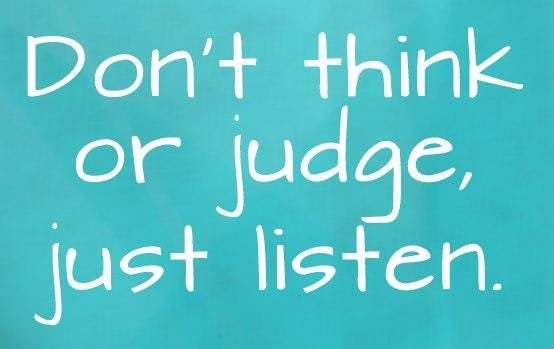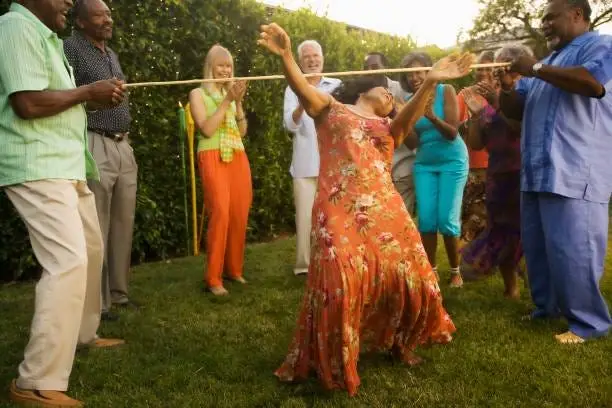First impressions are created in just 7 seconds¹.
In fact, it takes 1/10th of a second to start creating, and we come to a conclusion within 7 seconds about how we ‘feel’ about someone².
First impressions play a significant role in our everyday lives.
But how accurate are they?
Initially, when we meet someone for the first time, body language is more important than what is being said. This judgment is made by observing information about a person: including their face, smile, appearance, posture, how they smell, eye contact, handshake, and tone of voice.
You are being judged on your looks before you’ve even said anything.
We are trying to feel for something familiar that makes us feel safe.
Why? It’s instinctive. Our ancestors needed to determine if a stranger was a threat or not.

What are the dangers of first impressions?
So you’ve just met and got a good ‘feel’ for the person. But are you being your natural self? Will you say something contrary? Or only what you think they want to hear.
You are trying to create a good impression. How much of the creation is naturally you? Knowing this, from the other point of view, is the person you just met authentic? Or just playing a role?
What about our biases? Multimedia significantly influences what Behavioral scientists call the first impression bias: a limitation in human information processing that causes us to make quick and incomplete observations about others based on the first piece of information we perceive³.
Or the halo effect bias. If someone is wearing designer clothing and a dazzling smile, the immediate assumption is that they are a good person.
And the confirmation bias, where we only look for character traits in the person that confirms our initial beliefs.
We have many subconscious biases that affect the way we think about others, and others think about us. They could be called first impression traps.

Personality types play significant roles. For example, any meetings involving introverts, ambiverts, and extroverts will affect how the interaction will go.
The long-term danger is we tend to get attached to our initial impressions of others and find it very difficult to change our opinions, even when given evidence that we got it wrong.
Saving face, our egos rise, and it’s difficult to admit we got it wrong.
Maria Moraca, from Tiny Buddha, notes that our conclusions are often an attachment to our own self-critic. When our internal dialogue is critical and challenging, we become critical and demanding of others.
We recognize in others traits we see in ourselves, which we either like or don’t.
The overriding point here is that the process is subjective. A superficial method of judging people.
We are basing the foundation of a relationship on assumptions, individual preferences, ideology, prejudices, and what’s currently socially acceptable.
Something to note. Your initial reaction to the person prompts their response to you, which could significantly impact how the meeting or relationship develops.
Based on your first impressions and looking back on some people you’ve met, how often have your first impressions been incorrect?

So should we avoid making a judgment call when we first meet someone?
You can’t…That’s idealistic. You’re human. But you can have a thought process that will steer you towards a more positive outcome.
“The biggest communication problem is we do not listen to understand. We listen to reply” Stephen Covey.
If you want to make a difference in any relationship in your life, learn the skill of active listening. I cannot preach this loudly enough.
This site will change your life.
Here are some essential skills that will help you enjoy non-judgmental first impressions⁴:
- Face the speaker and maintain eye contact
- Be attentive but relaxed
- Keep an open mind. Don’t assume
- Listen to the words and try to picture what the speaker is saying
- Don’t interrupt, and don’t impose your “solutions”
- Wait for the speaker to pause to ask clarifying questions
- Ask questions only to ensure understanding
- Try to feel what the speaker is feeling
- Give the speaker regular feedback
- Pay attention to what isn’t said — to nonverbal cues
Making an incorrect judgment from a first impression when meeting someone for an interview, date, or any initial contact can have detrimental long-term effects. Most importantly, they are avoidable.
Your incorrect first impression of someone shouldn’t be your last impression…
Links and Sources:
1. The Center for Sales Strategy
2. Sage Journals Psychology Science
3. The Decision Lab
4. 10 Steps To Effective Listening








